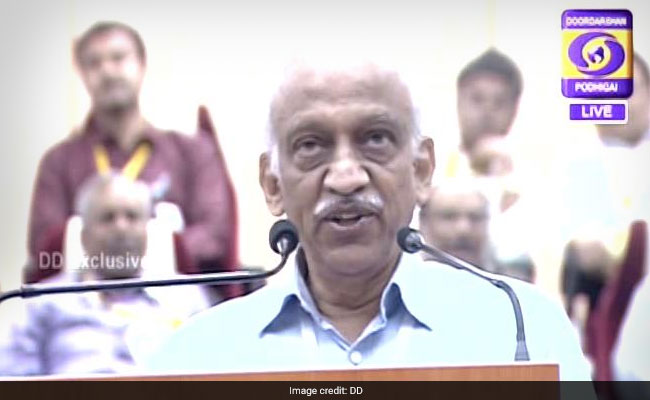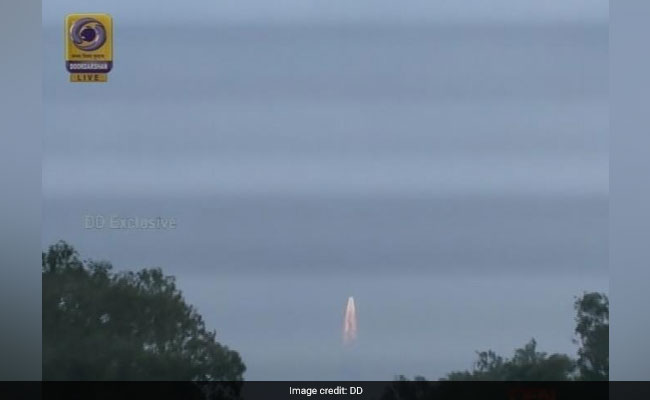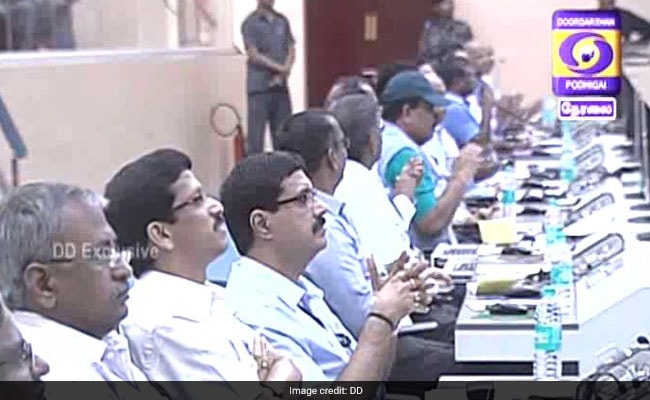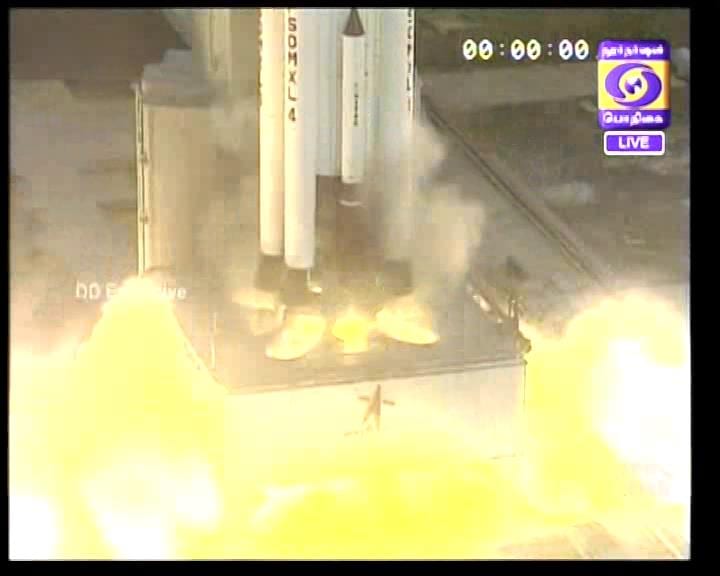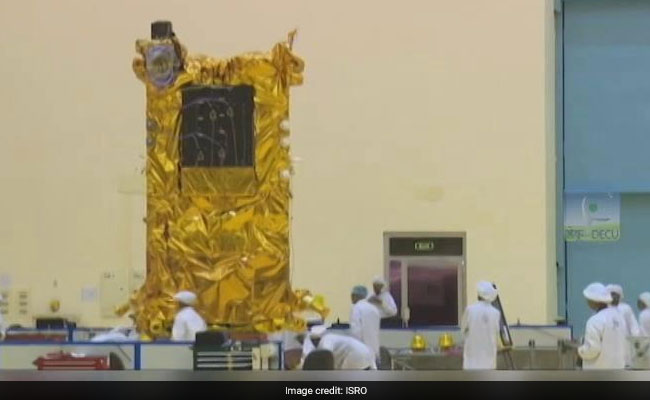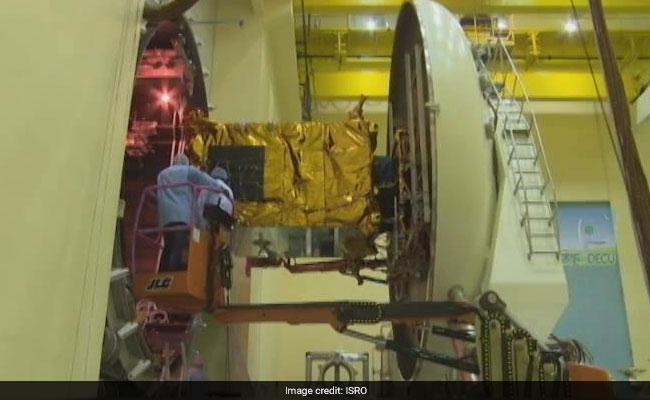Here are the live updates of the ISRO's 100th satellite launch:
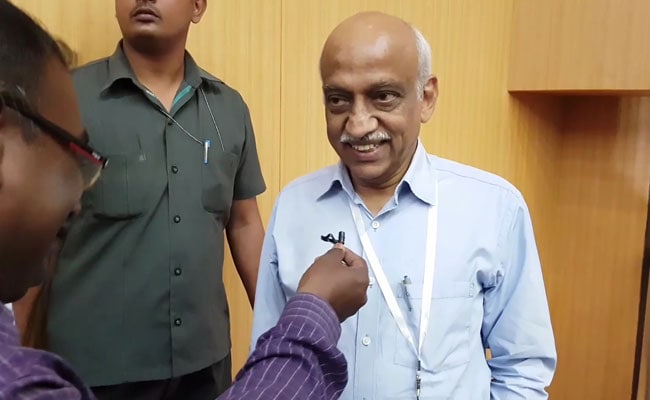
Our #ISRO scientists have made us proud yet again. ISRO today created a century in satellite launching : PM Shri @narendramodi
- BJP (@BJP4India) January 12, 2018
Congratulations to @isro for creating history yet again. Your hard work and dedication has made India the pioneer of space program.
- Office of RG (@OfficeOfRG) January 12, 2018
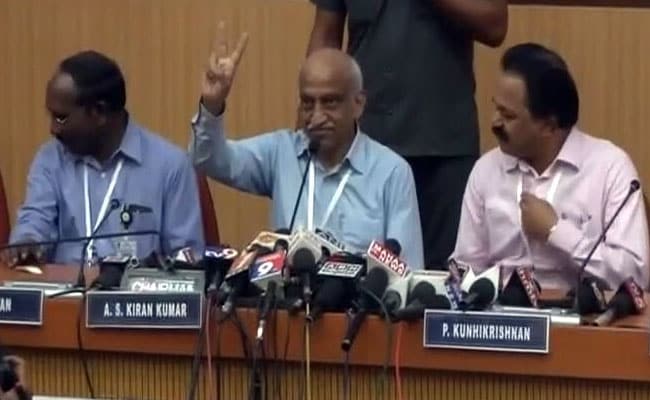
My heartiest congratulations to @isro and its scientists on the successful launch of PSLV today. This success in the New Year will bring benefits of the country's rapid strides in space technology to our citizens, farmers, fishermen etc.
- Narendra Modi (@narendramodi) January 12, 2018
The launch of the 100th satellite by @isro signifies both its glorious achievements, and also the bright future of India's space programme.
- Narendra Modi (@narendramodi) January 12, 2018
Benefits of India's success are available to our partners! Out of the 31 Satellites, 28 belonging to 6 other countries are carried by today's launch.
- Narendra Modi (@narendramodi) January 12, 2018
.@isro launches its 100th satellite from #Sriharikota in Andhra Pradesh
- NDTV (@ndtv) January 12, 2018
LIVE updates: https://t.co/WbJcjD3So7 pic.twitter.com/ph4mg8gJNg
.@isro launches its 100th satellite, says "New Year's gift" #ISRO https://t.co/dew3CawPHP pic.twitter.com/6mNteOPDqQ
- NDTV (@ndtv) January 12, 2018
